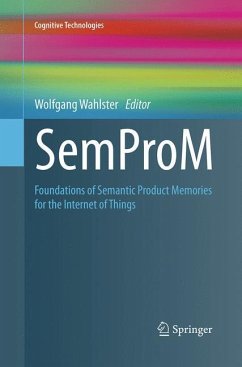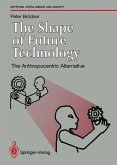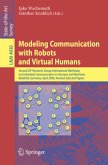The development of low-cost, compact digital storage, sensors and radio modules allows us to embed digital memories into products to record key events. Such computationally enhanced products can perceive and control their environment, analyze their observations, and communicate with other smart objects and human users. Digital product memories (DPMs) will play a key role in the upcoming fourth industrial revolution based on cyber-physical production systems, resulting in improvements in traceability and quality assurance, more efficient and flexible production, logistics, customization, and recycling, and better information for the consumer.
SemProM was a major industrial and academic research project that examined all aspects of the design and implementation of semantic product memories, and this book is a comprehensive assessment of the results achieved. The introductory chapters explain the fundamental ideas and the organization of the related project, while the remaining parts explain how to build, model and process DPMs, multimodal interaction using them, and selected applications.
This work is inherently multidisciplinary and the related ideas, technologies, and implementations draw on results in fields such as semantic technologies, machine-to-machine communication, intelligent sensor networks, instrumented environments, embedded systems, smart objects, RFID technology, security, and privacy. The contributing authors are leading scientists and engineers, representing key academic teams and companies.
The book explains successful deployment in applications such as manufacturing, green logistics, retail, healthcare, and food distribution, and it will be of value to both researchers and practitioners.
SemProM was a major industrial and academic research project that examined all aspects of the design and implementation of semantic product memories, and this book is a comprehensive assessment of the results achieved. The introductory chapters explain the fundamental ideas and the organization of the related project, while the remaining parts explain how to build, model and process DPMs, multimodal interaction using them, and selected applications.
This work is inherently multidisciplinary and the related ideas, technologies, and implementations draw on results in fields such as semantic technologies, machine-to-machine communication, intelligent sensor networks, instrumented environments, embedded systems, smart objects, RFID technology, security, and privacy. The contributing authors are leading scientists and engineers, representing key academic teams and companies.
The book explains successful deployment in applications such as manufacturing, green logistics, retail, healthcare, and food distribution, and it will be of value to both researchers and practitioners.








